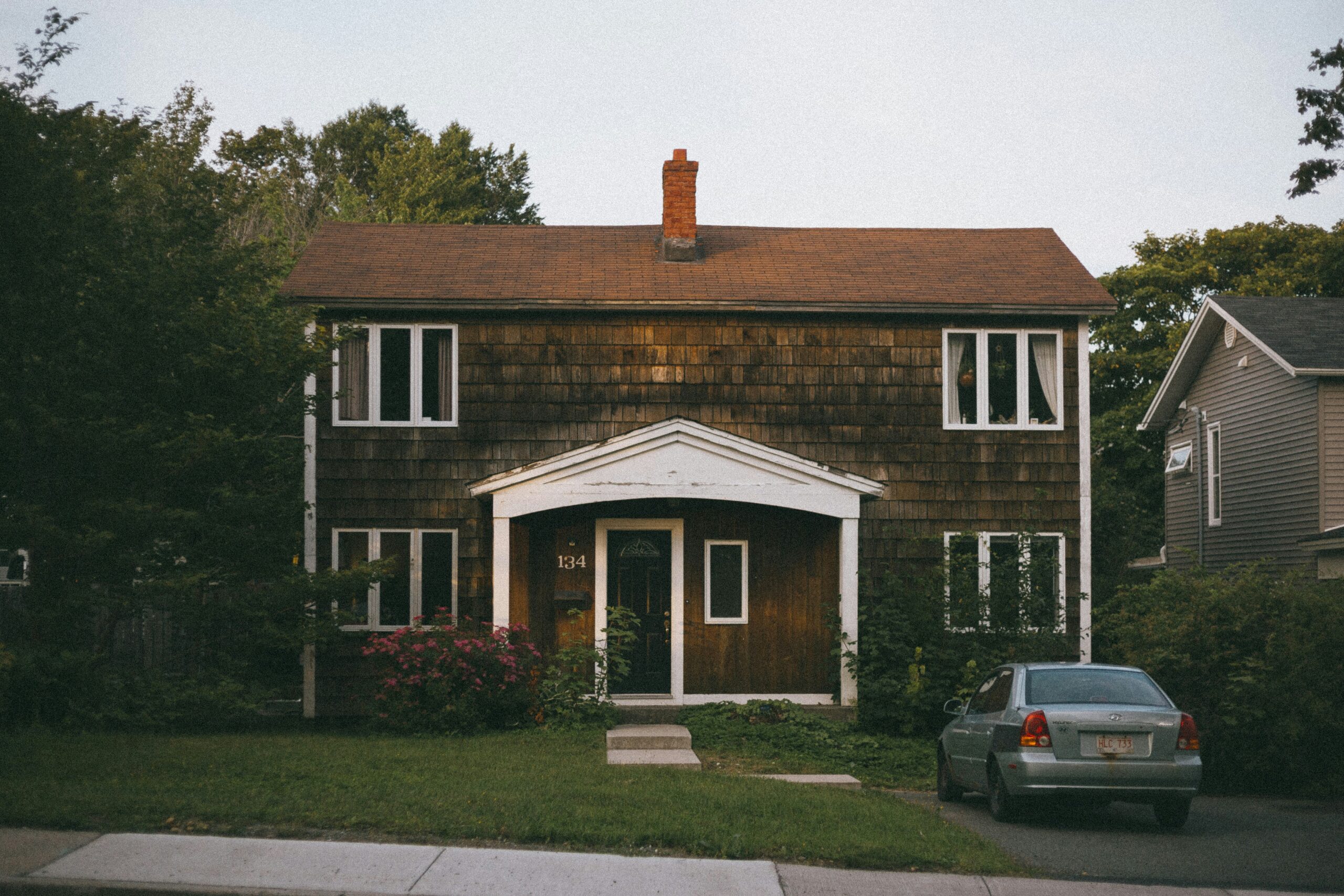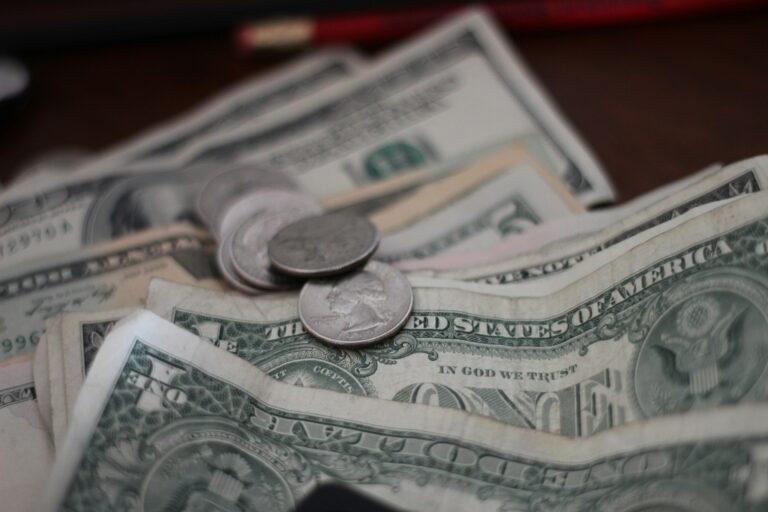How I Paid Off My 15-Year Mortgage in 4 Years
Mortgage

I’m sitting at my desk, staring at a Google Sheet that’s changed my life. It’s not some viral TikTok budget hack or a side hustle spreadsheet—it’s just a simple breakdown of my mortgage payments. Numbers don’t lie, and these ones told me I could outsmart my 15-year home loan. Four years later, I’m mortgage-free, and let me tell you, it feels like I’ve hacked the American Dream.
I’m a 20-something freelancer who’s been hustling since my college days, scraping by on instant ramen and ambition. I grew up in a working-class family, where money talk was more about making rent than building wealth. So when I bought my first house in 2019, it felt like a big deal—like I was finally “adulting” in a world that’s always moving the goalposts. But I wasn’t about to let a mortgage chain me to decades of debt. Here’s how I did it, with a mix of grit, math, and a little bit of luck.
Owning My Mortgage, Not Letting It Own Me
When I signed those mortgage papers, I knew I was stepping into something serious. A house isn’t just a vibe—it’s a responsibility. Unlike credit card debt or student loans, a mortgage feels different. It’s like you’re investing in your future self, trading monthly paychecks for a piece of equity that (fingers crossed) grows over time. But the catch? The interest. Oh, the interest.
I made a rule early on: I don’t make financial moves unless I understand the game. Ignorance is a creditor’s best friend and a debtor’s worst enemy. So I dove into the fine print of my mortgage, breaking down how much of each payment went to the principal versus the interest. Spoiler: early on, it’s mostly interest, and that’s the bank’s sneaky way of keeping you on the hook. Knowing this lit a fire under me—I wasn’t about to let Wells Fargo or whoever profit off my cluelessness.
The Hustle That Started It All
I’ve always been money-conscious, probably because I grew up knowing every dollar mattered. In high school, I tracked my spending in a beat-up notebook, worked part-time at a smoothie shop, and saved whatever I could from my allowance. It wasn’t sexy, but it built a mindset: control what you can, and always look for ways to level up.
Fast forward to 2019, I’m a freelancer with a decent income, juggling client projects and a small team of four to handle the overflow. I bought a modest house—nothing Instagram-worthy, but it was mine. Then, in late 2020, the universe threw me a curveball. I got laid off from my main gig right as my freelance work exploded. Suddenly, I was pulling in the biggest paychecks of my life, and for two and a half years, the money kept rolling in. That’s when I saw my shot to crush my mortgage.
By the 60th payment, I’d turned a 15-year mortgage into a 4-year sprint. The secret? Paying extra—way extra—every month. Let me break it down.
Four Moves That Changed the Game
Before I even started house hunting, I did my homework. Mortgages aren’t just about monthly payments; they’re about playing the long game. Here are the four strategies I used to pay off my loan faster than my lender ever expected:
- Know Your Limits Before You Shop
I got pre-qualified with my bank to figure out what I could actually afford. No Zillow daydreams about McMansions—just homes that fit my budget. This kept me from falling in love with a house that’d stretch me thin. - Go Big on the Down Payment
I scrapped together more than 25% for my down payment. It wasn’t easy, but it meant a smaller loan and less interest overall. Plus, I dodged Private Mortgage Insurance (PMI), which is basically a tax for not having enough cash upfront. - Pick a Shorter Loan Term
I went for a 15-year mortgage instead of the standard 30. Yeah, the monthly payments were higher, but the interest rate was lower, and I’d save tens of thousands in the long run. It was a bet on my future self, and I was all in. - Pay More Than You Owe, Every Time
From day one, I rounded up my payments—sometimes by $25, sometimes more. Every extra dollar went straight to the principal, chipping away at the loan and slashing the interest. Even small overpayments add up, shaving months off the timeline.
The Math That Blew My Mind
Let’s talk numbers, because this is where it gets real. Say you’ve got a $280,000 mortgage at 5.9% interest for 15 years. Your monthly payment is $2,347.70. If you stick to the schedule, you’ll pay $282,347.70 in interest alone—more than the house itself. That’s the bank’s game, and it’s rigged.
But here’s the hack: add just $75 extra each month starting in year one. That tiny boost saves you about $1,300 in interest and cuts seven months off your loan. The earlier you start, the bigger the impact. It’s like compound interest, but in your favor.
Now, if you can swing bigger extra payments, the results are wild. In late 2020, I landed a huge freelance project. I thought about dumping the cash into stocks, but the market was giving 2020-level chaos vibes, and I wasn’t about to YOLO my savings on GameStop. Instead, I threw a massive chunk at my mortgage. That one payment saved me tens of thousands in interest and left me with just a handful of payments to go.
Obsessed with the Endgame
Once I saw how fast my balance was dropping, I got hooked. Every extra dollar I earned went to the mortgage. I didn’t know what else to do with the money—crypto felt like a scam, and I’m not exactly a “buy a Tesla” guy. My freelance income was peaking, and I was living lean, so I kept pouring cash into the loan.
Then, when I was down to just seven payments, I did something bold. I borrowed a chunk of cash from a friend—someone who trusted me and knew I was good for it. I used it to wipe out the remaining balance. Was it risky? Maybe. But it was calculated, and it meant I was debt-free years ahead of schedule.
Why This Matters to Me (and Maybe to You)
I’m not here to flex or sell you a get-rich-quick scheme. I’m just a guy who grew up knowing the hustle is real, especially in a country where the system isn’t always rooting for you. Paying off my mortgage early wasn’t just about money—it was about freedom. Freedom from debt, from stress, from the feeling that I’m one bad month away from losing it all.
If you’re out there fighting the good fight with your own mortgage, I hope this story lights a spark. Grab a spreadsheet, crunch the numbers, and see where you can shave off time and interest. Maybe it’s an extra $20 a month, maybe it’s a big windfall. Whatever it is, take action. Work harder, strategize smarter, and don’t let the bank win.
I’d love to hear your wins—shoot me a message on X or drop a comment. Nothing makes me happier than knowing someone else is out there beating the system, one payment at a time.







